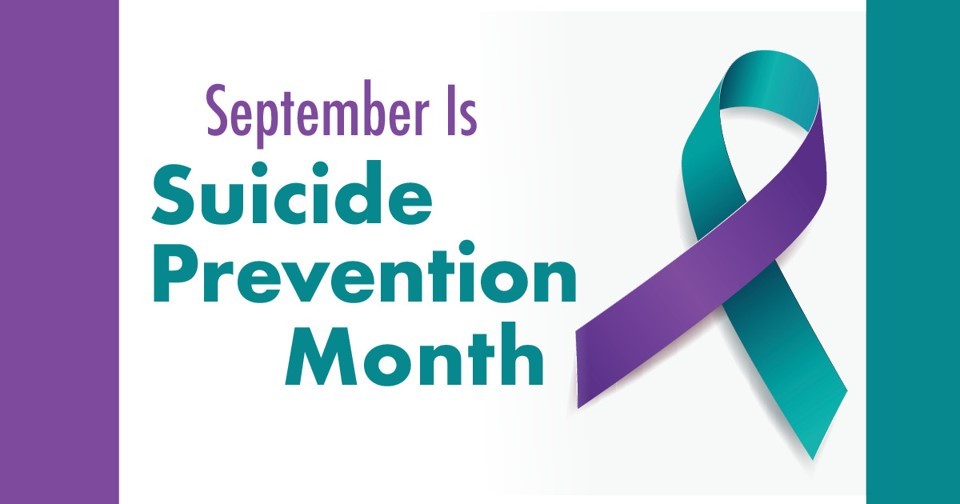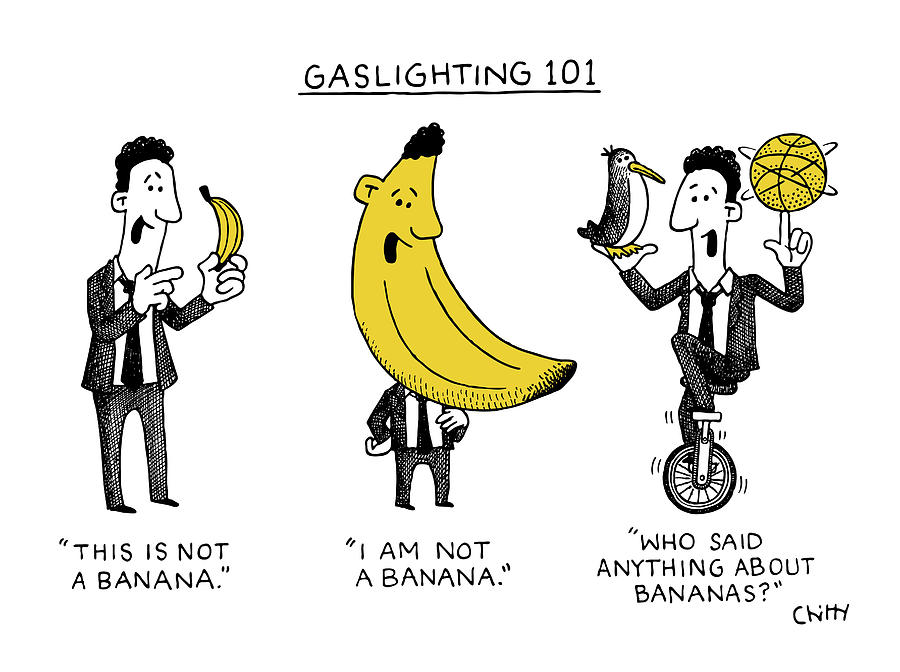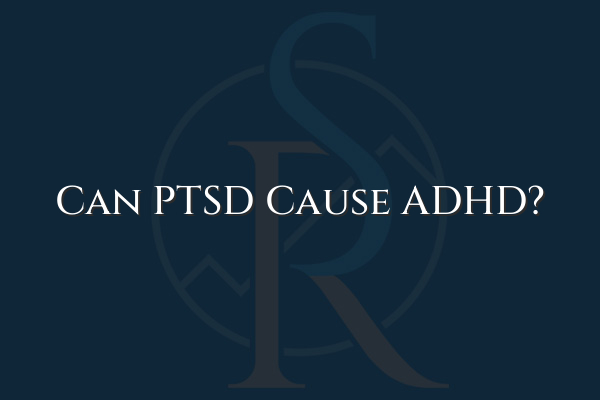April is Counseling and Stress Awareness Month
🌿 April is About Awareness — and Support At Mountain Valley Counseling, we’re proud to honor Counseling Awareness Month and Stress Awareness Month. This month, we celebrate the life-changing impact of mental health counseling and raise awareness about the effects of stress on our well-being. We believe that everyone deserves support, not just during difficult times, but as part of everyday self-care and growth. 💙 Counseling Awareness Month We recognize the dedication, compassion, and expertise of counselors everywhere — and right here at Mountain Valley. Our team is committed to creating a space where healing and personal transformation can happen, one conversation at a time. Whether you’re facing anxiety, life transitions, relationship issues, or just feeling stuck — counseling is a powerful tool for clarity, healing, and resilience. There is not shame in pursuing counseling, in fact, it’s really proactive and brave. 🧠 Stress Awareness Month Stress affects us all…
Understanding ADHD: Is Everyone Really Getting Diagnosed with It? In recent years, there has been a significant increase in the number of people diagnosed with Attention-Deficit/Hyperactivity Disorder (ADHD), and it’s easy to wonder: Does everyone really have it? Or is it simply being diagnosed more often than before? Let’s explore this question, dive into the symptoms of ADHD, and understand why the diagnosis rate seems to be rising. What is ADHD? ADHD is a neurodevelopmental disorder that affects both children and adults. It’s primarily characterized by difficulty paying attention, hyperactivity, and impulsivity. While these traits are a normal part of human behavior, in people with ADHD, they are more intense, persistent, and disruptive to daily life. Why Are More People Being Diagnosed with ADHD? It may seem like ADHD is more prevalent today than ever before, but there are a few key reasons why more people are being diagnosed: Better…
Great book recommendations to start out 2025 from Misty Newman, CMHC
As we begin 2025, there’s no better way to reflect, heal, and grow than through reading. For anyone interested in personal development, mental health, and emotional well-being, these books are exceptional starting points. They provide powerful insights and practical tools to navigate life’s complexities. Here’s a brief look at each one: “The Drama of the Gifted Child” by Alice Miller Alice Miller’s classic work explores how early emotional neglect can shape the lives of gifted children, often leading to internal struggles in adulthood. This book is essential for understanding how unresolved childhood trauma—often masked by outward success—can manifest in adulthood, making it an eye-opening read for those interested in understanding their emotional patterns and healing from past wounds. “What My Bones Know” by Stephanie Foo A profound memoir and exploration of complex PTSD, this book reveals Stephanie Foo’s journey through trauma and healing. It’s a personal and powerful narrative that…
As we approach a new year, it’s natural to reflect on the past and consider how we can make positive changes moving forward. As a mental health counselor and owner of Mountain Valley Counseling, I want to offer a few thoughts on how we can prioritize our mental well-being in the coming year. First, it’s important to recognize that mental health is just as crucial as physical health. In fact, the two are deeply intertwined. Just as we schedule regular check-ups for our bodies, it’s vital to regularly check in on our emotional and psychological well-being. This can mean anything from seeking therapy, to setting healthy boundaries, to practicing self-care routines that help us manage stress and emotions. The start of a new year can feel like a fresh start, but it’s important to remember that true growth takes time and patience. If you’ve struggled in the past, be gentle…
Alcohol and the holidays
To drink or not to drink around the holidays?
The Difference Between Complex PTSD and PTSD By Misty Newman, CMHC, Owner of Mountain Valley Counseling Post-traumatic stress disorder (PTSD) is a well-known mental health condition that can develop after an individual experiences or witnesses a traumatic event. However, not all trauma experiences lead to PTSD, and in some cases, trauma can result in a more complex form of the disorder known as Complex PTSD (C-PTSD). While both conditions involve symptoms of trauma, they differ in their causes, symptoms, and impact on a person’s life. Understanding these distinctions is crucial for proper diagnosis and treatment. PTSD (Post-Traumatic Stress Disorder) PTSD typically results from a single traumatic event, such as a car accident, natural disaster, physical assault, or combat exposure. It can also occur after witnessing a traumatic event. Symptoms of PTSD often include: Intrusive memories: Flashbacks or vivid, distressing memories of the event. Avoidance: Avoiding reminders of the trauma, such…
Suicide Awareness Month
Suicide Prevention and Awareness Month 2024: Supporting Others and Self-Care September is recognized as Suicide Prevention and Awareness Month, a crucial time to shine a light on mental health challenges and the importance of providing support to those in need. This year, Mountain Valley Counseling wants to focus not only on how to support those struggling but also on the necessity of self-care for caregivers. Understanding the Context In recent years, suicide rates have tragically increased, highlighting a growing mental health crisis. Factors contributing to this rise include: Social Isolation: The COVID-19 pandemic exacerbated feelings of loneliness and disconnectedness. Many individuals are still grappling with the emotional aftermath, which can lead to increased suicidal ideation. Economic Stress: Financial instability, job loss, and the rising cost of living can overwhelm individuals, creating a sense of hopelessness. Access to Mental Health Resources: Despite growing awareness, access to mental health care remains limited…
Understanding Gaslighting and Its Impact on Mental Health Gaslighting is a form of psychological manipulation where a person or group seeks to make someone doubt their own perceptions, memories, or reality. This term, derived from the 1944 film “Gaslight,” where a husband manipulates his wife into questioning her sanity, has become a widely recognized concept in discussions of emotional abuse and manipulation. Gaslighting can occur in various relationships, including romantic partnerships, friendships, family dynamics, and workplace settings. Definition and Mechanisms of Gaslighting Gaslighting involves a series of manipulative tactics aimed at undermining the victim’s sense of reality. These tactics include denying facts, minimizing the victim’s feelings, and presenting false information as truth (Stark, 2018). The ultimate goal is to destabilize the victim’s perception of reality, thereby gaining control and power over them. Gaslighters often use subtle and gradual methods to erode the victim’s confidence in their own thoughts and…
The correlation between PTSD and ADHD.
Attention-Deficit/Hyperactivity Disorder (ADHD) and Post-Traumatic Stress Disorder (PTSD) are two distinct psychiatric conditions, but they can intersect in complex ways. Both disorders impact attention, behavior, and emotional regulation, and their interplay can complicate diagnosis and treatment. This relationship is especially pertinent when considering how untreated trauma might contribute to or exacerbate ADHD symptoms. ADHD and PTSD: An Overview ADHD is characterized by persistent patterns of inattention and/or hyperactivity-impulsivity that interfere with functioning or development (American Psychiatric Association, 2013). PTSD, on the other hand, arises from exposure to traumatic events and includes symptoms such as intrusive memories, hypervigilance, and avoidance (American Psychiatric Association, 2013). The Overlap Between ADHD and PTSD Research shows that both ADHD and PTSD involve disruptions in attention and executive functioning. For instance, individuals with ADHD often struggle with sustaining attention and managing tasks, while those with PTSD may experience difficulties with concentration due to intrusive thoughts…










